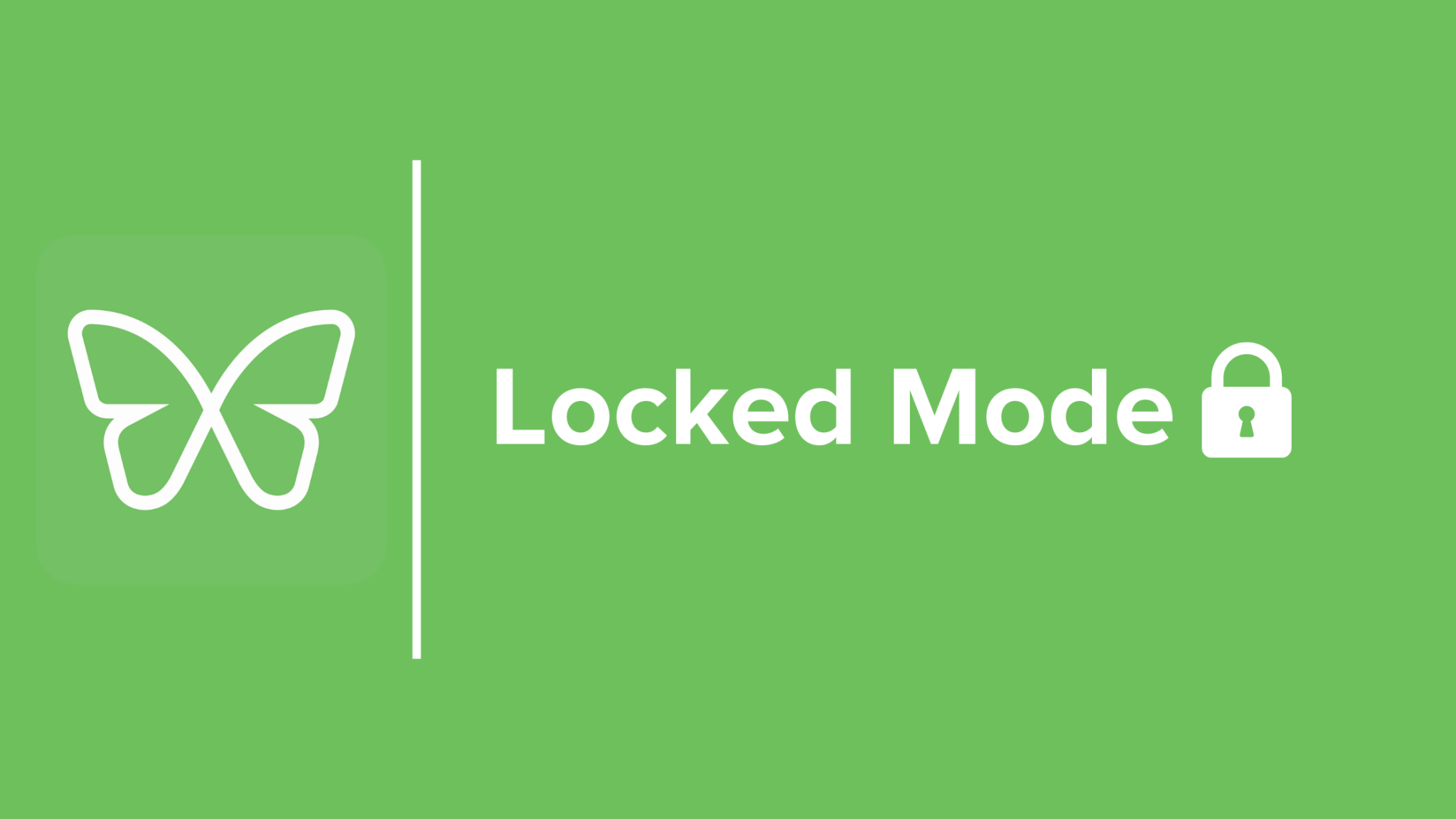Want to Sleep Better? Treat it Just Like Any Other Goal

If you want to be productive and healthy, sleep needs to be a top priority. So why do so many of us think of it as an afterthought?
Sleep matters. Not only is a good night’s rest essential to our physical health and mental wellbeing, but mounting evidence suggests that a good night’s sleep seriously boosts productivity. But for most of us, sleep comes in at the bottom of our to-do lists and is often sacrificed to make more time for work, family commitments, or our social lives. The reason for this, according to Penn State University professor Orfeu Buxton, is that most people do not think of sleep as a foundational priority in their life:
“For behavior change to stick, it has to be associated with a positive outcome. For example, getting better sleep must be strongly associated with feeling better the next day”.
Buxton acknowledges that it’s not always that simple when many of us are kept awake by serious challenges that we face daily (Hello global crisis!). However, there are small steps we can take to make more time for rest – and if we are able to adjust our priorities, we should do just that.
“Priorities define who you are. The greatest accomplishments in life are not carrying the muddy pack up the hill. They’re creative endeavors or interpersonal moments. And those are best experienced rested.”
The greatest accomplishments in life are not carrying the muddy pack up the hill. They’re creative endeavors or interpersonal moments. And those are best experienced rested.
Set up Your Sanctuary
Environment is everything when it comes to getting things done. In the same way that you should have a dedicated space to work in, if you want to sleep better it’s essential that your bedroom is conducive to rest and relaxation.
Work towards keeping your rest space clutter-free, which will subconsciously help you feel lighter when you’re ready to switch off for the evening. That doesn’t mean your bedroom has to be bare – adding comforting touches like soft blankets and pillows will help you to unwind, while accents of calming colors like soft blue, pink or green help promote tranquility and peace.
It’s well-known that tech should stay out of the bedroom if we want to enjoy restorative and quality sleep. And it’s not just because of the digital distractions that keep your mind occupied and interfere with rest – blue light emitted by electronic devices is known to suppress melatonin and interfere with our natural sleep rhythms.
Make it a rule to keep devices out of the bedroom, and if that’s impossible for you, at least enable night mode on your devices, use Freedom to block distracting or stress-inducing sites, or use a blue light-blocking software like f.lux.

Optimize Your Sleep Schedule
If you’ve ruled out medical conditions like insomnia or sleep apnea, then it’s likely that your sleep deficit is being caused by a behavioral issue. You probably know what time you should be nodding off, so what is it exactly that’s keeping you from heading to bed at the right time? Are trying to overcompensate for an “unproductive” day by working late? Do you feel entitled to having extra time at the end of your day even if that means being tired tomorrow? Or perhaps you’re a victim of the endless entertainment options at our fingertips? Once you’ve identified whatever it is that’s preventing you from getting to bed at a decent hour, you’re halfway there.
The next step is building a sleep routine that you can stick to – if you’re a natural night owl then it’s unlikely that you’ll be able to become a lark overnight! That doesn’t mean you’ll never be a morning person though – the key to making changes to your sleep schedule is to so gradually. First, work out how many hours of rest you need to feel good – adults generally require between 6 and 9 hours of sleep per night, but everyone is different. Once you know how roughly how much rest you need to function as your best self, you can work out what time you need to be going to bed. Start by going to bed 15 minutes earlier than your usual bedtime and work back from there to build behavior change that lasts.
Equally as important as your bedtime is the time you wake up. While you may be used to catching up on Zs with your long weekend lie-ins, they won’t help you make up for chronic sleep debt or eliminate the long term effects on your health. Most experts agree that sticking to a consistent schedule is the easiest and best way to ensure you get adequate rest, so try not to sleep more than an hour past your usual wake-up time on the weekends.
Start by going to bed 15 minutes earlier than your usual bedtime and work back from there to build behavior change that lasts.
Create A Bedtime Routine
We’ve all heard about the Morning Routines of Highly Successful People… And while it’s true that a good morning routine can definitely set you up for a productive day (though I’ll skip the cold shower, thanks!), a bedtime routine is just as important. You may feel like you’re too busy, but carving out time each day to practice a consistent nightly routine will calm the mind and body, and eventually, you’ll train yourself to be ready for a night of good quality sleep by a certain time each evening.
If you’re pushed for time, even 15 minutes is better than nothing, but ideally, you should put aside between 30-60 minutes for your evening ritual. What you do with the time is up to you, whether it’s taking a relaxing bath, enjoying a few pages of a book, or practicing meditation and breathing exercises. There are many great apps out there for helping with rest and relaxation, but we advise against indulging in screen time before bed. We’re excited about the new Loftie Clock, which offers a phone-free solution to enjoy meditations, sound baths, breathwork, and bedtime stories, as well as syncing with dozens of existing apps.

Rethink Your Daytime Routine
Nighttime may be the right time when it comes to getting sufficient shut-eye, but how are your daytime habits contributing to your rest routine? Here at Freedom, we take a holistic approach to productivity – we believe that our ability to reach our full potential depends on taking care of all areas of our life. In the same way, if we want to enjoy good quality sleep every night, we need to be paying attention to what we do during the day, too.
One of the easiest things you can do is to keep an eye on your caffeine intake during the day. Not only can excessive caffeine consumption make it difficult to get to sleep, but it can also prevent you from getting into a deep sleep. Your morning cup of joe can certainly help you get going and be more productive, but giving caffeine a swerve after midday will avoid any negative effects on your sleep.
Another seemingly obvious but often overlooked factor is the effect of daylight on our circadian rhythms. Exposure to bright sunlight helps to regulate our internal clock, so aim to get at least 15 minutes a day, in the morning if possible.
You can maximize the sun’s effect by combining it with another free sleep-inducing activity – exercise! Studies show that exercise helps you fall asleep more quickly and improves sleep quality. And the good news is that you’ll notice a difference almost immediately. As little as 30 minutes of moderate aerobic exercise can help to improve sleep quality that same night! And if you aren’t able to exercise outside, any type of indoor activity will work too.
Isn’t it time we started thinking of a good night’s rest as the ultimate ambition?
Finally, you can’t expect great results in anything if you’re not giving your body the right fuel, so be mindful of what you’re eating, and when. A balanced diet that emphasizes fresh fruits, vegetables, whole grains, and low-fat proteins can help you to drift off faster, and log those much-desired extra hours of sleep. Meanwhile adding in B-vitamins may assist in regulating the sleep hormone, melatonin.
Eating too close to bedtime, or indulging in large fried or high-fat meals, spicy foods, alcohol, and soda can also affect your sleep, so aim to eat your last meal 3 hours before turning in for the night. Avoid too much alcohol, which can prevent you from settling into the restorative phase of sleep, and be sure to stay hydrated all day long. Drinking adequate water will keep you feeling energized and from needing to nap during the day which can throw off your sleep cycle later on.
Making the Magic Happen
If I told you there was a magical elixir to improve your mood, memory, focus, concentration, and creativity, that decreased stress and inflammation, helped to maintain a healthy body and mind, all while making you look gorgeous, wouldn’t you want to know where to buy it? What if I told you it was free and only dependent upon you making a few small adjustments to your life, and doing them every day?
It seems like a no-brainer when we think of sleep like the above description, doesn’t it? But the problem is that sleep tends to fall down our list of priorities, so we need to make keeping it top of mind a priority and keep in mind Professor Buxton’s words from the beginning of this article – getting better sleep must be strongly associated with feeling better the next day.
It’s clear that better sleep improves almost every area of our life, and can help us achieve our goals, which is why it’s time we start thinking of a good night’s rest as the ultimate ambition and putting it to the top of our to-do lists!



